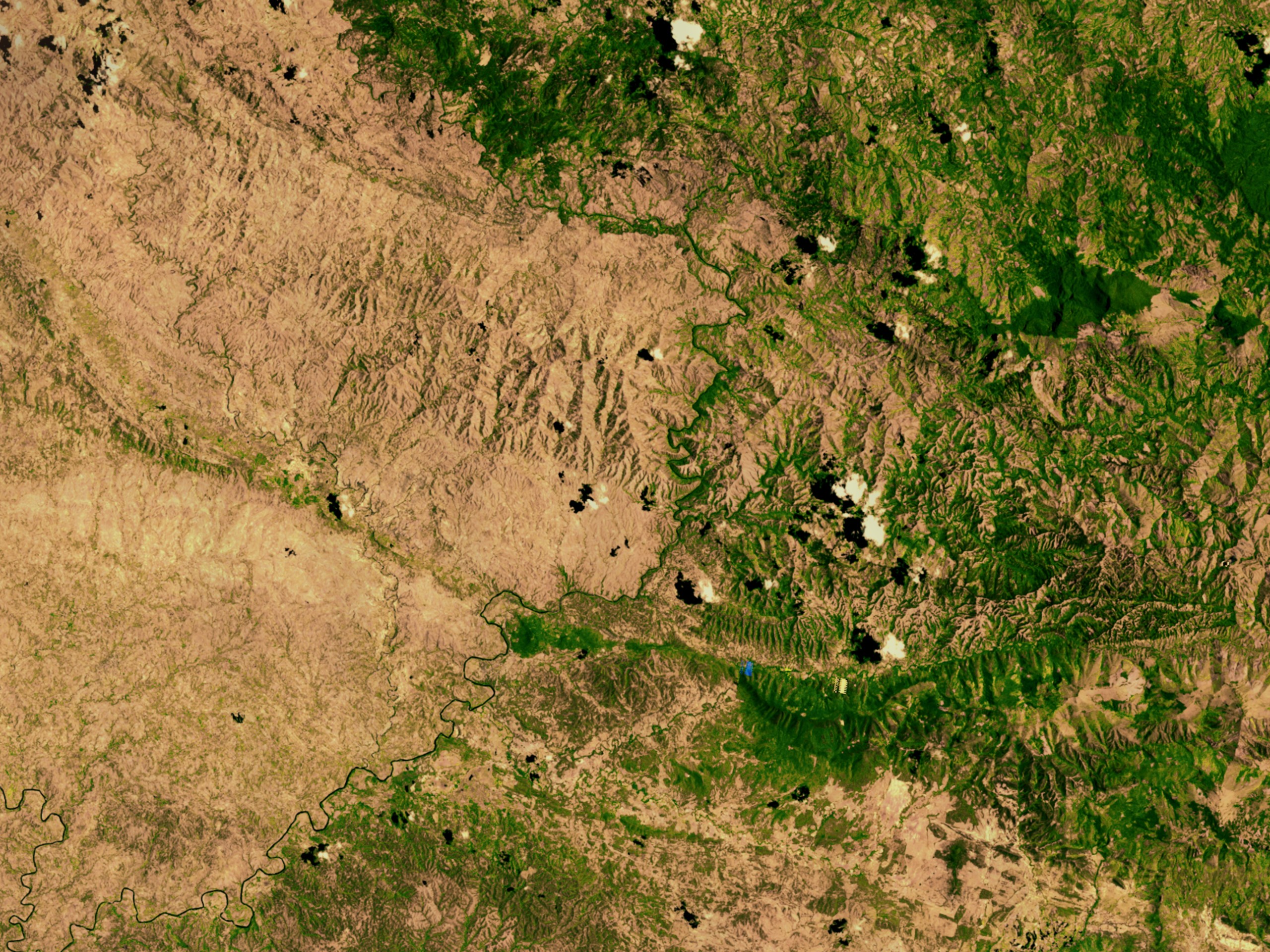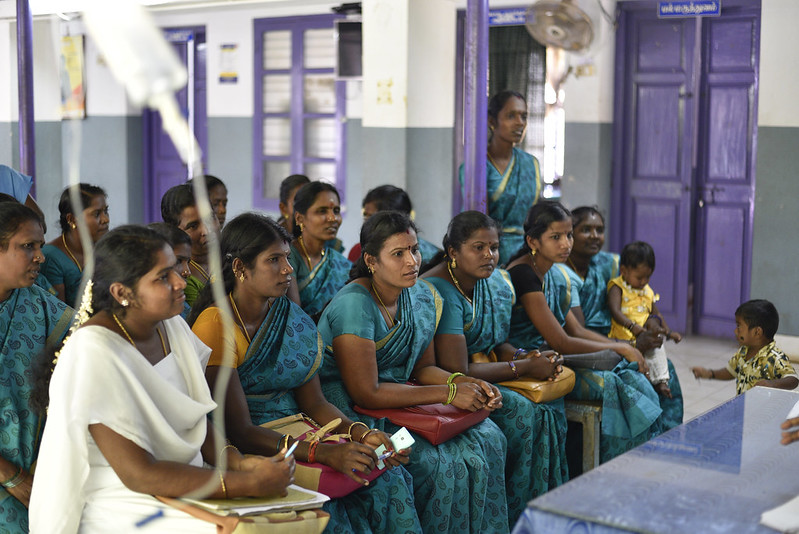MSc Development Studies candidate, Beatriz Osorio Garabosky tells us why it’s important for developing countries to have strong leadership positions in the WTO.
Two weeks ago, on May 14th, Roberto Azevêdo, the Brazilian Director-General of the World Trade Organisation (WTO), announced his 1-year early resignation. Although claiming it is for personal reasons, his announcement has symbolic implications for multilateralism.
It means that developing countries lose one leadership position at the UN, something that they already hold disproportionately less than developed countries. Of 28 funds, programmes and specialized agencies I could research, only 15 have leadership positions with representatives of developing countries at the top, and only 3 of those with Latin Americans. Thus, his resignation symbolizes that developing countries, in this case Brazil, are abandoning the WTO and multilateralism, something they should not do.
US boycotting the WTO
His resignation happens in the middle of a pandemic, with increasing export restrictions and trade “wars” for medical equipment, which put developing countries in a more disadvantaged position, as they cannot compete with the prices offered by developed countries. It also happens after the organization lost its most important instrument, the dispute settlement mechanism (DSM) last year in December, when the US blocked the appointment of new judges for the body. The efforts of the US to boycott the WTO are not new. The only difference is that President Trump has taken it to another level.
The DSM has long been the jewel of the crown in the WTO and what made the organisation special in international relations as it can legally enforce its agreements, something other organisations cannot do. The DSM has been especially salient as a mechanism to reduce the power of developed countries to impose bilaterally unfavourable deals to developing countries. Thus, a non-functioning DSM could be seen as the end of the WTO, as put by Ujal Singh Bhatia, one of the appellate body judges, whose term ended in December: “why would people come to the WTO to negotiate rules if they are not sure the rules can be enforced?”.
The WTO now
The current situation of the organisation reminds a lot the structure of the GATT regime that preceded it. This regime had several characteristics that systematically benefitted developed countries, which is what the US wanted again:
- Developing countries, usually without specialization in any goods (other than agricultural or mineral commodities), automatically did not gain from tariff reductions in manufactured products;
- Only products in sectors where developed countries had a competitive advantage were liberalized, not including agriculture and textiles in the negotiations;
- The General System of Preferences allowed developed countries to engage in special deals with developing countries, but they were voluntary, so that developed countries could choose strategically which countries to support and had the bargaining power in these negotiations;
- And a consensus-based decision structure allowed developed countries to have disproportionate influence in decision-making.
The creation of the WTO in 1995 changed this and ensured through the DSM and universal multilateralism that developing countries would have the same power as developed countries. Universal multilateralism and the DSM, thus, acted as an insurance mechanism against unequal power in trade negotiations. This explains the broad-based support that the organisation has: in 2011, over 100 developing countries, including China, Brazil and India, declared being against plurilateral agreements that are not equal for all.
But this is not only valid for developing countries: after the boycott of the US in December, the EU proposed implementing a new ad hoc temporary version of the DSM. As of January, they have already recruited China, Brazil, South Korea, Mexico and 12 other countries.
Core-periphery conflict with another face
However, the EU’s proposal is just another attempt by core countries to keep their power. The proposal is a way to hand-pick members to be part of the “club”, equivalent to the use of the G20 as the group for discussions after the 2008 financial crisis, instead of more representative bodies, such as the UN (for more on the G20 case, see Wade 2013). By inviting some developing countries to the negotiation table, but excluding the rest, core countries are splitting the group. This is the same strategy that they pursue with bilateral and regional trade agreements, where they can use their stronger bargaining position to get better conditions and exclude issues that are relevant for developing countries, such as agriculture.
However, due to the increasing participation of developing countries in the world economy, evidenced in their role in the recovery of trade after the 2008 crisis, they can no longer be ignored. This is exactly what makes the WTO, with one country, one vote, so unattractive for core countries. But, the importance of developing countries in trade will not regress. As stated by Robert Zoellick, a former president of the World Bank, “hearing the developing country perspective is no longer just a matter of charity or solidarity: it is self-interest”. But core countries, and especially the US, still need to understand that.
Thus, the main challenge for the WTO now is to settle the conflict between core countries wanting to keep their perks and advantaged position and increasingly powerful developing countries wanting more equality of conditions. In this sense, the current crisis of the WTO does not predict an end to multilateralism. It merely shows that the balance of power is again biased towards developed countries, as was the case during the GATT. The role of the WTO in this configuration is to be a forum where conflicts can play out. Periphery countries, and especially Brazil, just need to understand that the current boycotting of the organization is the core’s response to their increasing role in international trade and that they should use their position more strategically to ensure its survival, as the DSM is one of the only available mechanisms that they have against the power of core countries. Thus, developing should not abandon the WTO.
Beatriz Osorio Garabosky is a Brazilian M.Sc. candidate in Development Studies, whose research interests include, among others, international organisations and issues related to Latin America and the role of developing countries in the world economy. Before coming to LSE, she worked in diverse research projects about the UN system at the University of Munich, where she also graduated in Political Science and Economics.
The views expressed in this post are those of the author and in no way reflect those of the International Development LSE blog or the London School of Economics and Political Science.





